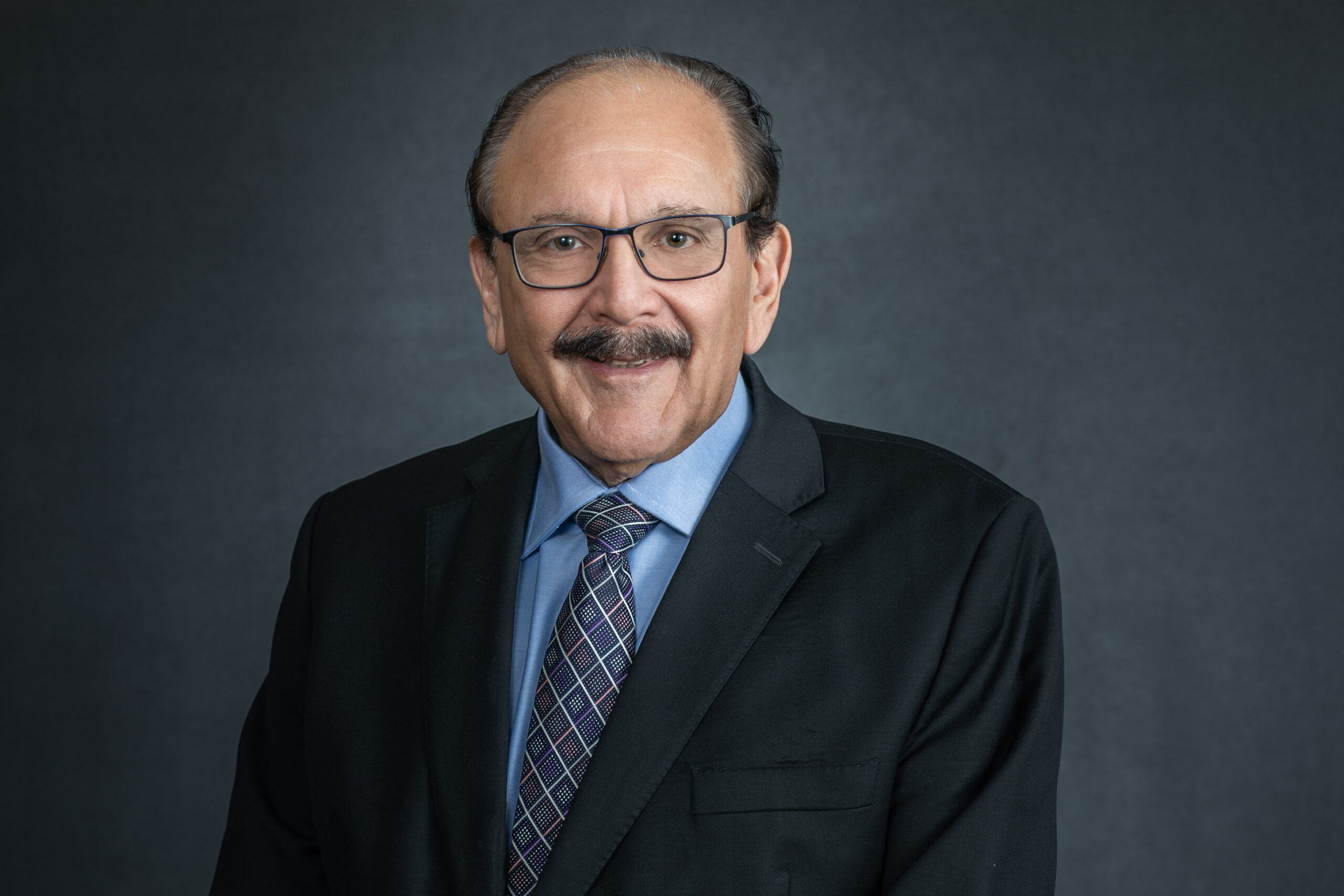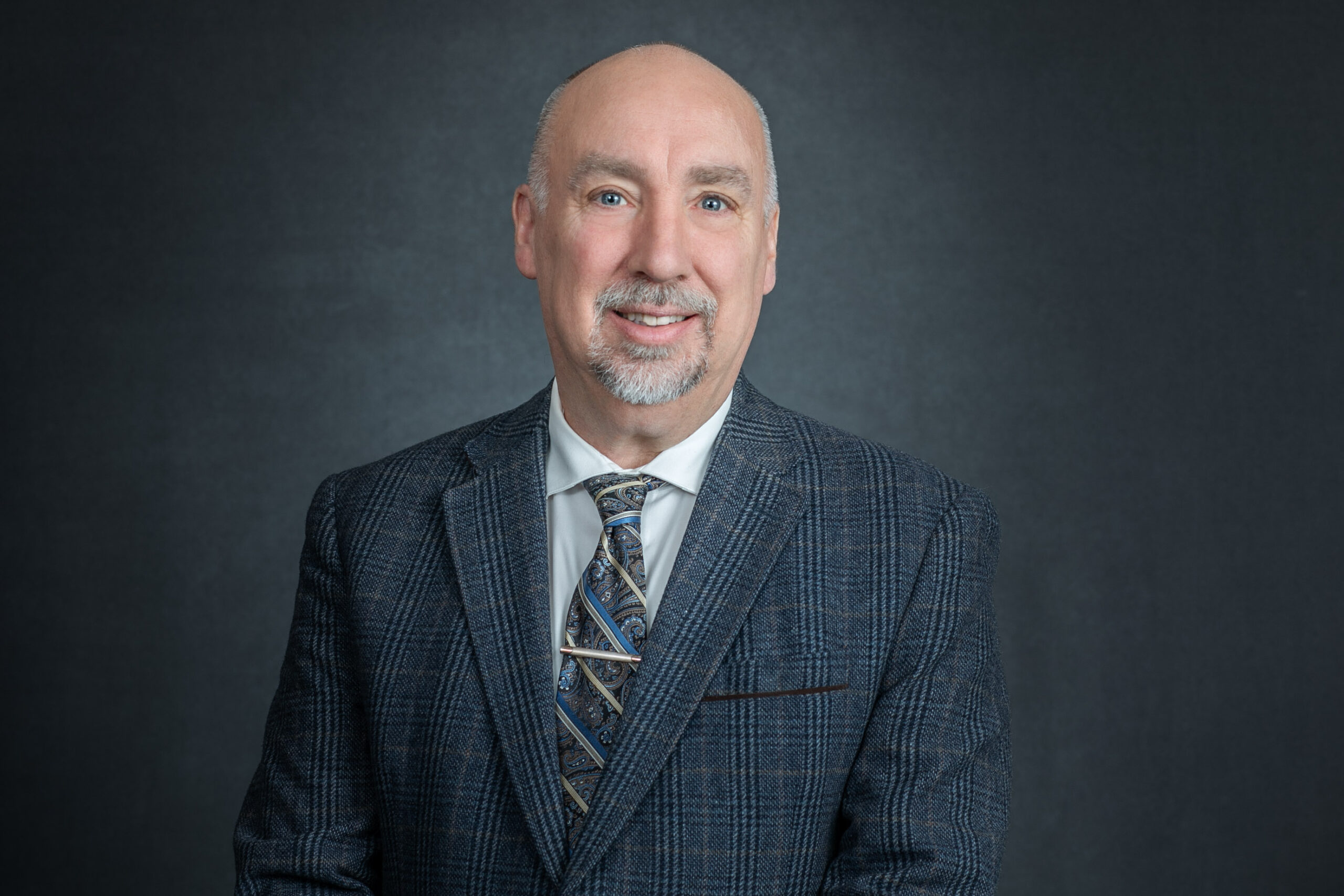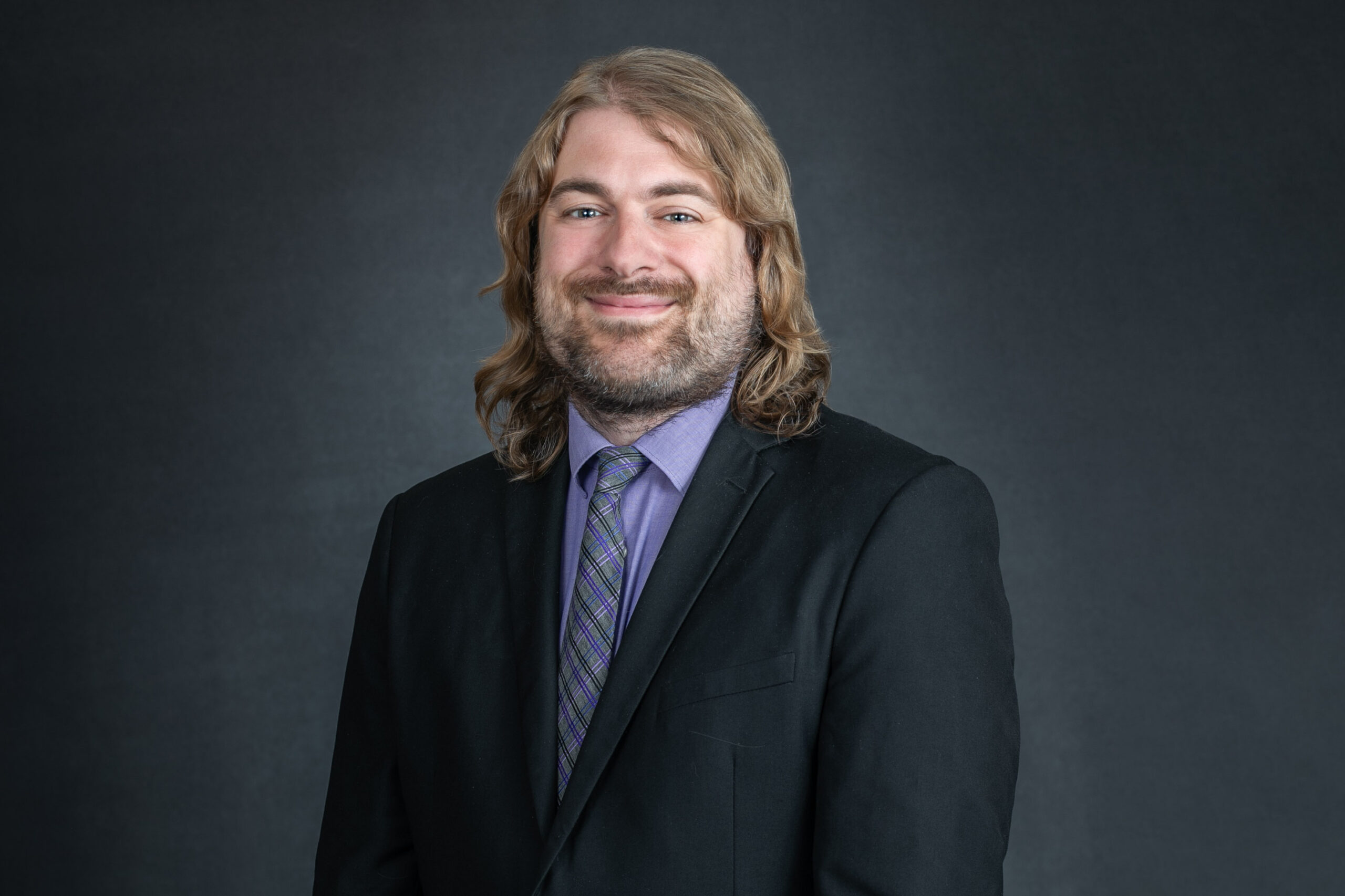
What Happens With An Improperly Funded Trust
In our last blog entry, we discussed the administration of a trust estate for a person with a fully and properly funded trust. In this blog entry, we will talk about a situation where a person passes away with a trust, but the trust is not fully and properly funded. If you have questions about a trust or other estate planning issue, our Troy, MI estate planning lawyer is available to talk.
This scenario is truly one that will frustrate the loved ones of the decedent, as the decedent had a trust but did not fully fund the trust. Because the trust was not fully funded, there are assets that are not part of the trust estate. If the trust is not fully funded and the decedent’s assets do not have properly designated co-owners or beneficiaries, this creates an unfortunate situation where Probate is the most probable outcome for the management and distribution of those assets.
In this scenario, the Successor Trustee of the trust is still able to manage the funded assets of the trust, but there are assets they are unable to manage because they are not the property of the trust. This creates a split estate scenario where the Trustee manages the trust assets, and a Personal Representative in Probate will need to be appointed to manage the non-trust Probate assets.
Ideally, the Trustee and Personal Representative will work together to make sure that both the trust estate and Probate estate are administered properly and efficiently. Depending on the trust and will documents—or in the absence of a will—the relationships of the parties involved in the estate will determine whether the Trustee and Personal Representative are the same person or persons. They can also be different people, which could lead to potential conflicts between the individuals over the assets.
If the trust is not funded at all, then the trust, at least for now, is set aside, as the trust has no assets that are part of the trust estate. If the decedent has a will that names the trust as the beneficiary of the Probate estate, then the trust will become active once the Probate process is completed and the trust is funded by the Probate estate. If the will has beneficiaries that do not include the trust, or the decedent does not have a will, it is not likely that the trust will ever be used as part of the estate administration.
What happens next depends on whether the decedent also had a Last Will and Testament. In the event the decedent had a will, the will should be admitted to Probate, and the person or entity nominated in the will to be the estate’s Personal Representative should be formally appointed by the court. The non-trust Probate assets will be managed and distributed pursuant to the Probate process and the terms of the will.
If the decedent did not have a Last Will and Testament, then the Probate process alone will control the appointment of the Personal Representative and the distribution of these assets.
A more in-depth analysis of the Probate process, both with and without a will, will be the topics of our next blogs. If you are looking for someone to help you with your estate planning or with things such as selling inherited property, contact Gudeman & Associates, P.C. today.






